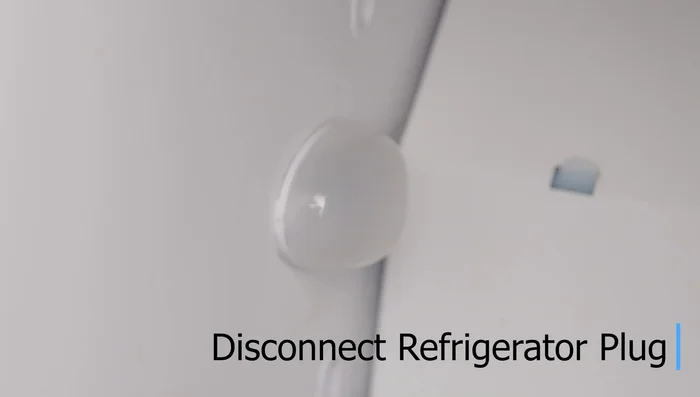A dark refrigerator isn't just inconvenient; it can make finding that late-night snack a real hassle. A burnt-out refrigerator light can also be a telltale sign of bigger issues, so addressing it promptly is important. Whether your refrigerator boasts energy-efficient LEDs or uses a more traditional incandescent bulb, replacing the light is a surprisingly simple task, often requiring only basic tools and a few minutes of your time. A faulty refrigerator light doesn't necessitate a costly service call, and you can easily tackle this repair yourself.
This simple DIY guide will walk you through the entire process, from safely disconnecting the power to installing the new bulb and testing your handiwork. We'll cover both LED and standard bulbs, ensuring you have the knowledge to tackle this common household repair no matter what type of lighting your refrigerator uses. Ready to illuminate your refrigerator and save some money? Let's get started with our step-by-step instructions.
Preparation and Safety Guidelines
- Phillips head screwdriver (possibly)
- Gloves (optional)
- Always unplug the refrigerator from the power outlet before starting any work. This prevents electric shock.
- Be gentle when handling the light bulb or LED to avoid breakage. Broken glass can cause injury.
- If you're unsure about any step, consult your refrigerator's manual or contact a qualified appliance repair technician.
Step-by-Step Instructions
Safety First: Power Down
- Disconnect the refrigerator from the power supply.

Safety First: Power Down Locate and Access the Light
- Locate the damaged bulb or bulb housing.
- For some refrigerators, carefully remove the housing using a grip method to release internal and external clips. (Bear Grip Method demonstrated in the video)


Locate and Access the Light Remove the Old Light
- If it's a simple bulb, unscrew it using the 'lefty loosey, righty tighty' method.
- If it's an enclosed LED unit, disconnect the cables. Take a picture or note their placement before disconnecting.


Remove the Old Light Install the New Light
- Replace the bulb or LED unit with the correct replacement (check your owner's manual).
- Reconnect the cables if necessary.


Install the New Light Test and Restore Power
- Test the new light bulb.
- Reconnect the refrigerator to the power supply.


Test and Restore Power Reassemble
- Reassemble the housing (reverse the removal steps).

Reassemble
Read more: Fix Washing Machine Won't Spin: Quick & Easy Motor Coupler Replacement
Tips
- Always disconnect the refrigerator from the power source before beginning.
- Consult your owner's manual to determine the correct bulb type and replacement procedure.
- When handling bulbs, consider wearing gloves to avoid transferring oils that can shorten the bulb's lifespan.









